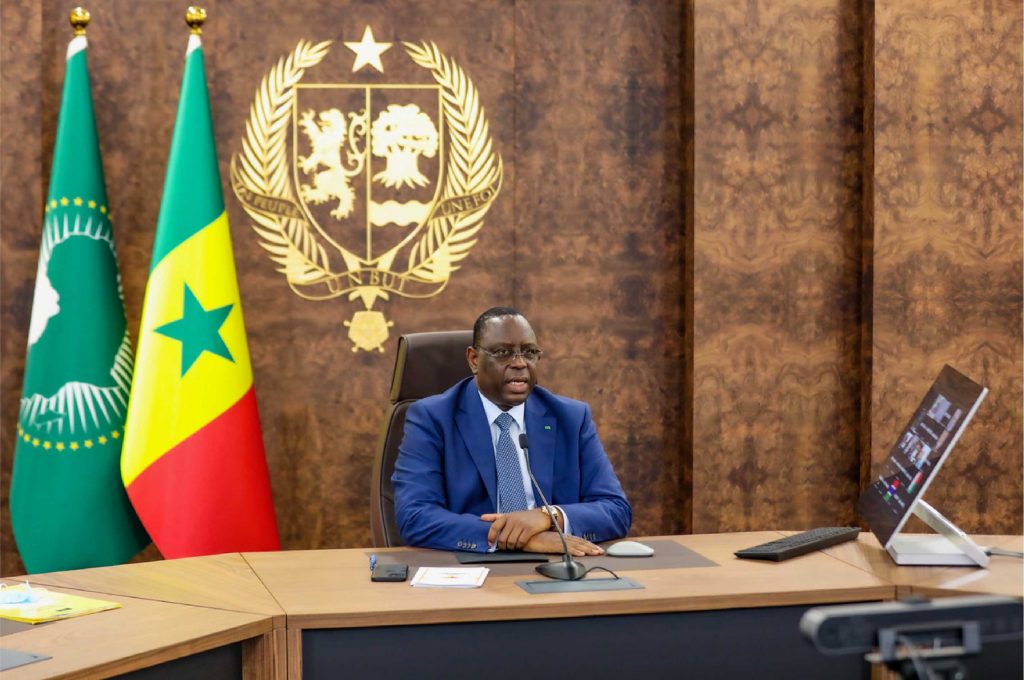Senegal’s former leader, Macky Sall, is making a contentious bid for a return to power in Sunday’s snap parliamentary elections, less than a year after departing office. Sall left in April after a 12-year tenure, handing over the presidency to Bassirou Diomaye Faye and relocating to Morocco. Now, he leads a newly formed opposition coalition from abroad, raising questions about his motives and what this return could mean for Senegal’s future.

This unexpected reentry into politics has intensified the rift between Sall and his longtime political opponent, current Prime Minister Ousmane Sonko. Sonko has suggested that Sall and other former officials might face legal action, accusing them of leaving the country with what he termed “catastrophic” finances. While Sall and his former administration deny these accusations, the political tension marks a sharp departure from the more restrained role typically adopted by former leaders in Senegal.
Sall’s comeback comes amid a backdrop of political instability. His final years in office were marred by clashes with Sonko, leading to significant unrest. His decision to delay the February presidential election ignited one of the worst political crises Senegal has seen in decades. Faye, Sonko’s former deputy, won a decisive victory in the presidential vote, reflecting the Senegalese public’s call for change.





